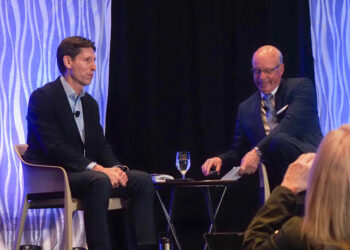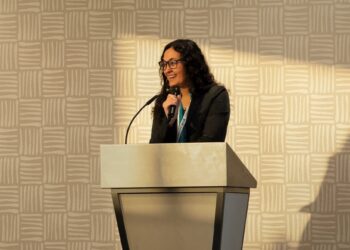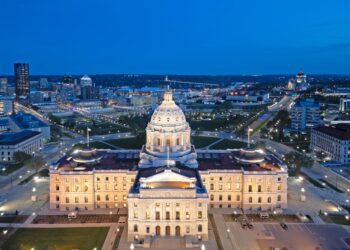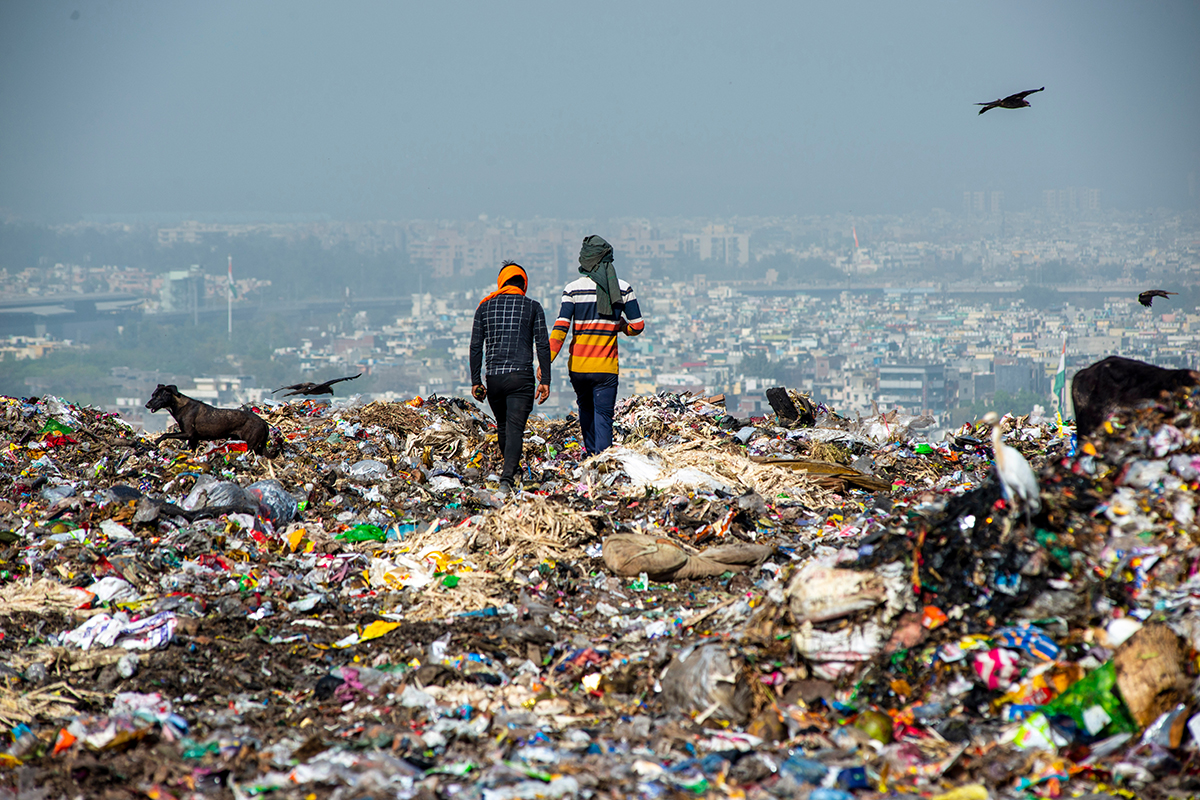California’s Department of Resources Recycling and Recovery (CalRecycle) has opened the public comment period for its latest draft of regulations for the state’s extended producer responsibility law for packaging, which have drawn criticism from industry stakeholders.
CalRecycle submitted revised text for regulations for SB 54 to the state’s administrative law office earlier this month, and is accepting public comment on those revisions through Oct. 7. The agency also will hold a hybrid public hearing on Oct. 7.
Last week, ahead of the release of the revised draft, industry stakeholders including the National Stewardship Action Council (NSAC) held a press conference urging Gov. Gavin Newsom to implement the law “as written, negotiated and enacted.”
NSAC and others opposed to the latest draft of regulations said it could introduce unauthorized exemptions to the law and weaken accountability.
On Aug. 20, Circular Action Alliance, the producer responsibility organization administering the state’s EPR program, opened a registration portal for producers obligated to comply with the law. Producers must register before Sept. 5.
California’s state Legislature passed SB 54 in 2022, and Newsom signed it into law the same year.
But in March of this year, Newsom rejected the draft EPR program language due to concerns over the costs to small businesses, delaying implementation and forcing the rulemaking process to restart. Then in May, the next round of draft regulations drew industry criticism, including a statement from State Sen. Ben Allen, the author of the original law, saying some of the changes in the draft went against the statute and as such were illegal.
“We’re at a very pivotal time right now. Our country is divided,” NSAC Executive Director Heidi Sanborn told Plastics Recycling Update. Sanborn took part in negotiating SB 54, “and felt like that was the most democratic process we had ever had on passing a bill. We had everybody there, 100 meetings, eight months. We all worked on the language together. We lobbied the bill together.”
She added that the bill appeared to have become political, after gaining bipartisan support, which “is not just disappointing and disheartening, but it makes me angry, and that fires me up to continue this battle.”





























